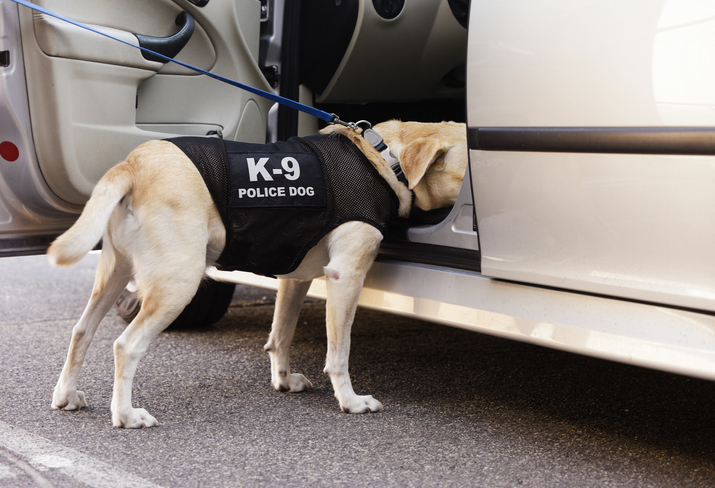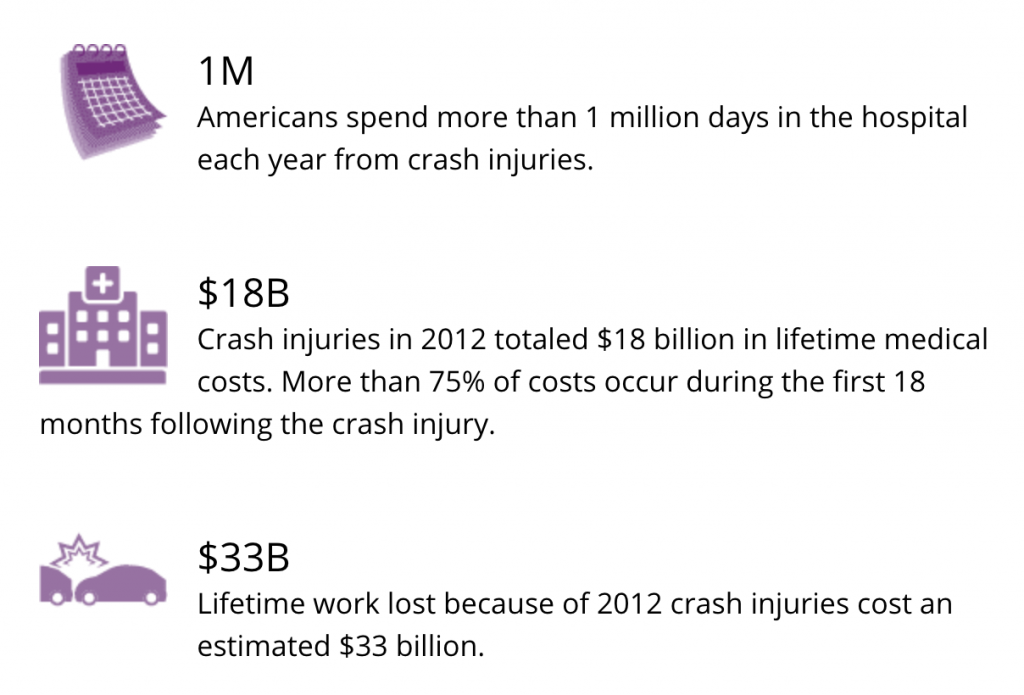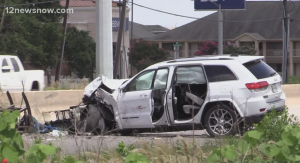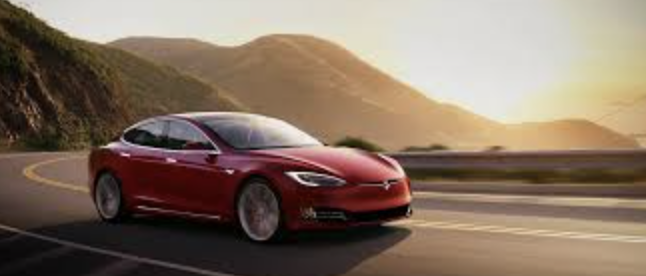
Searching a vehicle without a warrant
(December 28, 2022) The United States Supreme Court case Mapp v. Ohio established the historic exclusionary rule, which forbids any evidence collected illegally to be used in court, which is consistent with the fourth amendment that protects against unreasonable search and seizure. However, this rule created a tricky situation for traffic officers. It frequently happened that traffic officers had probable cause to believe that illegal activity was being enabled by automobiles. However, by the time they came back with a warrant to search the vehicle, it was out of their jurisdiction, or the evidence was gone. To combat this problem, the Supreme Court ruled in Carroll v. United States to include an automobile exception to the exclusionary rule that allowed traffic officers to conduct warrantless vehicle searches… if certain conditions were met. So, when can an officer search your vehicle without your consent?
 Texas Injury Lawyers Blog
Texas Injury Lawyers Blog





 According to the
According to the  San Antonio, Texas: It’s back to school and back on the roads in Texas, make sure your children are safely buckled up or strapped in for trips in the car.
San Antonio, Texas: It’s back to school and back on the roads in Texas, make sure your children are safely buckled up or strapped in for trips in the car. While some car accidents seem straightforward, upon investigation, most cases contain various factors that may impact liability and financial recovery. Most Texas motor vehicle accidents involve negligence or recklessness. However, while specific actions may seem “negligent,” Texas law has a precise definition of what amounts to legal negligence. Even if an injury victim can establish the other party’s negligence, they might still need to refute any claims of contributory negligence.
While some car accidents seem straightforward, upon investigation, most cases contain various factors that may impact liability and financial recovery. Most Texas motor vehicle accidents involve negligence or recklessness. However, while specific actions may seem “negligent,” Texas law has a precise definition of what amounts to legal negligence. Even if an injury victim can establish the other party’s negligence, they might still need to refute any claims of contributory negligence. The law provides that Texas insurance companies owe several duties to their policyholders. These procedural and substantive rules aim to ensure that insurance companies settle claims fairly and promptly. Insurance companies that fail to abide by these standards may be liable under Texas’ insurance bad faith and breach of contract laws.
The law provides that Texas insurance companies owe several duties to their policyholders. These procedural and substantive rules aim to ensure that insurance companies settle claims fairly and promptly. Insurance companies that fail to abide by these standards may be liable under Texas’ insurance bad faith and breach of contract laws. Self-driving, or autonomous cars, are revolutionizing the way the public looks at travel and car ownership. These vehicles turn active drivers into passive passengers, allowing motorists to rely on the car’s advanced computerized system to navigate the roads and avoid collisions. However, these cars may result in a serious Texas car accident, as the new technology is still being refined.
Self-driving, or autonomous cars, are revolutionizing the way the public looks at travel and car ownership. These vehicles turn active drivers into passive passengers, allowing motorists to rely on the car’s advanced computerized system to navigate the roads and avoid collisions. However, these cars may result in a serious Texas car accident, as the new technology is still being refined. Texas
Texas